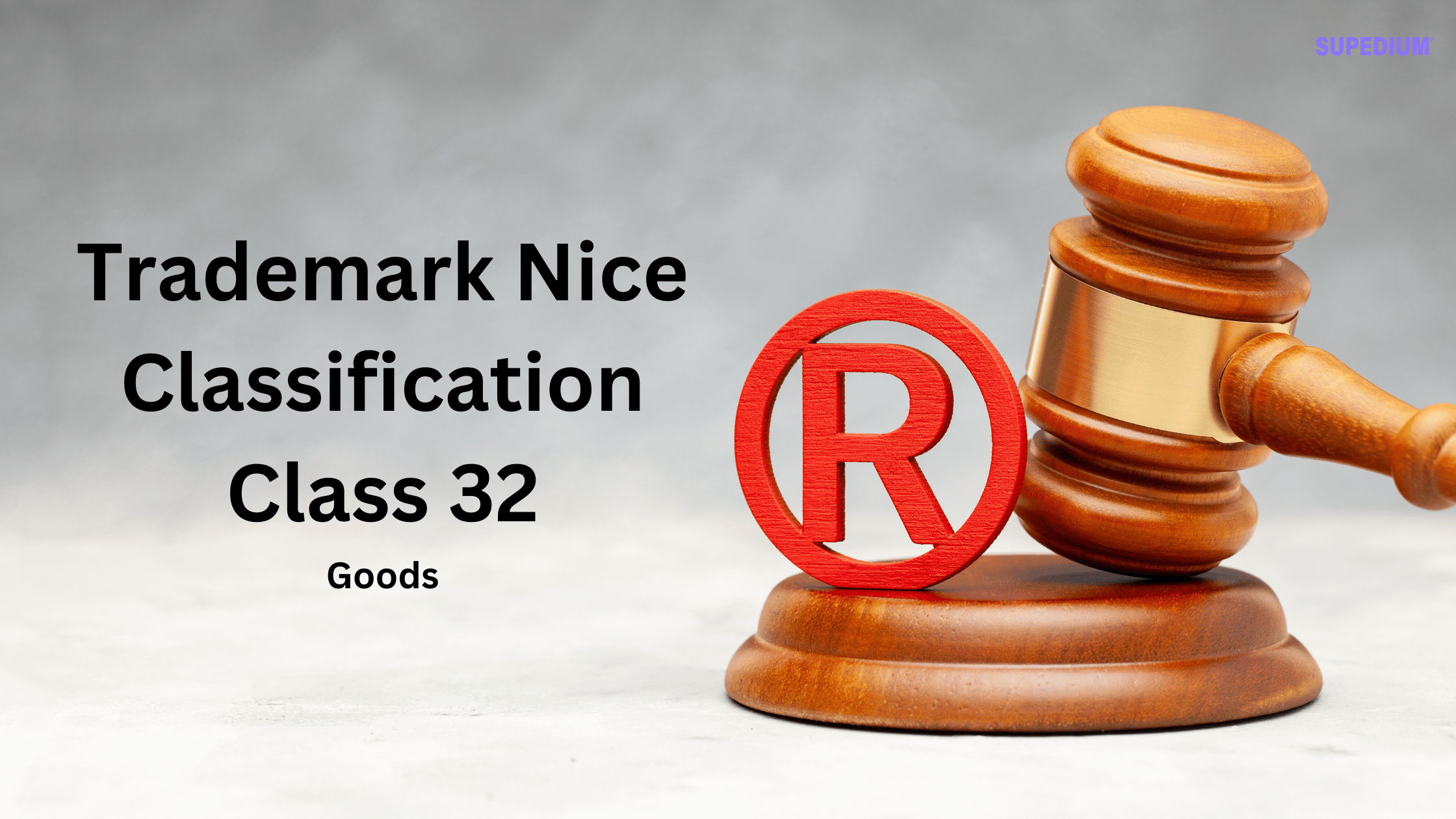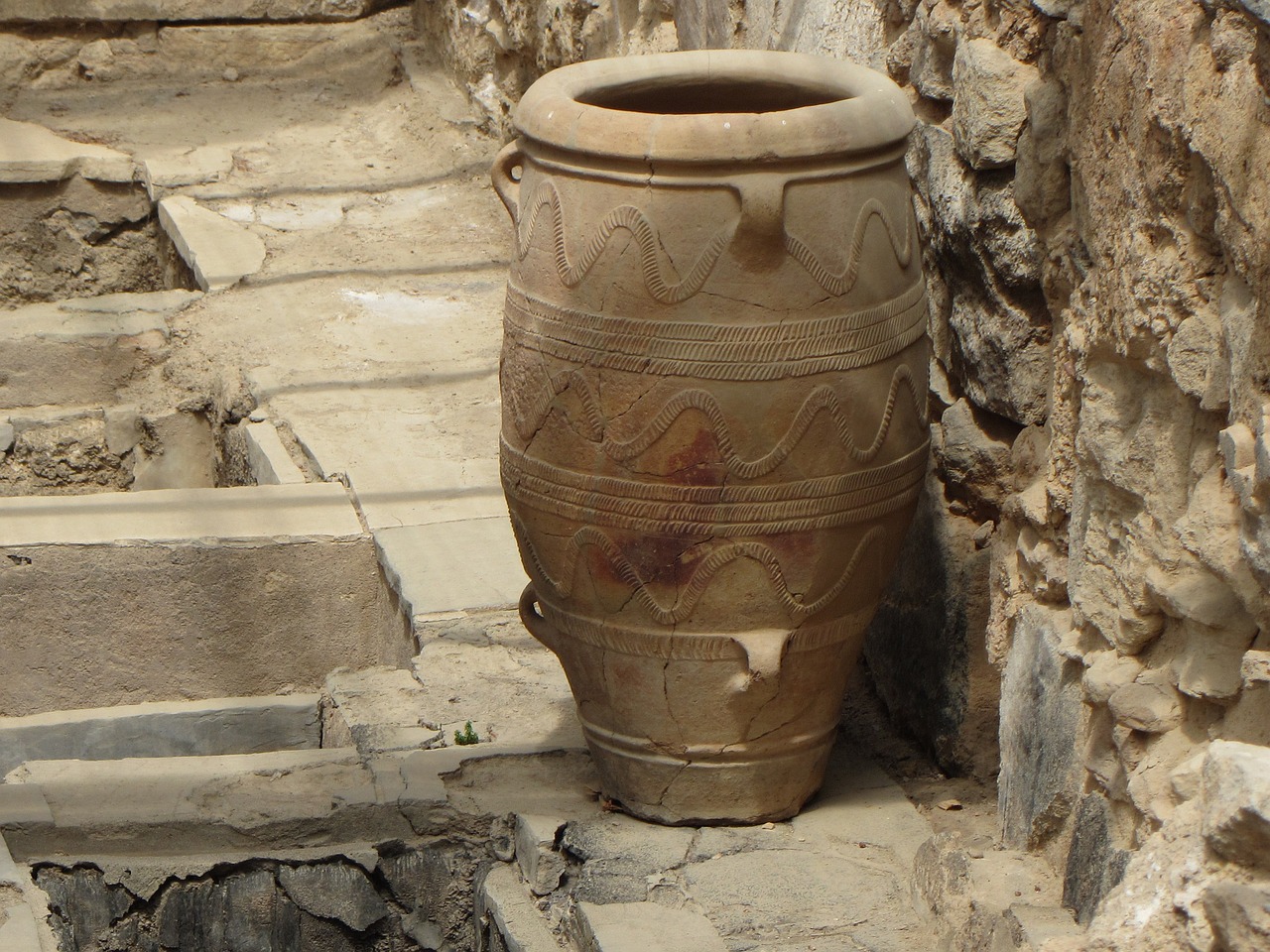Table of Contents
- 1 I. Introduction
- 2 II. Overview of Class 32
- 3 III. Products Included in Class 32
- 4 IV. Key Exclusions from Class 32
- 4.1 A. Essential Oils and Flavorings (Class 3)
- 4.2 B. Dietetic Beverages for Medical Purposes (Class 5)
- 4.3 C. Milk-Based Products (Class 29)
- 4.4 D. Culinary Juices and Cooking Ingredients (Class 29)
- 4.5 E. Beverages with Coffee, Cocoa, or Tea Base (Class 30)
- 4.6 F. Pet Beverages (Class 31)
- 4.7 G. Alcoholic Beverages (Class 33)
- 5 V. Importance of Class 32 in Branding
- 6 VI. Conclusion
![]()
I. Introduction
Trademark classifications play a crucial role in the protection of intellectual property, helping businesses establish and maintain their brand identity. Among these classifications, Nice Classification Class 32 is significant for companies involved in the production and sale of beverages. This article delves into the specifics of Class 32, outlining the types of products it encompasses, key exclusions, and its relevance in the branding landscape.
II. Overview of Class 32
Class 32 primarily focuses on non-alcoholic beverages while also including beers. This classification provides a clear framework for trademark registration, ensuring that businesses can effectively protect their products in a competitive market. By understanding the scope of Class 32, companies can make informed decisions about their branding strategies and trademark applications.
III. Products Included in Class 32
A. Non-Alcoholic Beverages
Class 32 covers a wide range of non-alcoholic beverages, including but not limited to:
- Soft Drinks: These carbonated beverages are popular worldwide and encompass a variety of flavors.
- Energy Drinks: These beverages are designed to boost energy levels and often contain caffeine, vitamins, and other stimulants.
- Isotonic Beverages: Formulated to replenish fluids and electrolytes, isotonic drinks are especially popular among athletes and fitness enthusiasts.
- Protein-Enriched Sports Beverages: These drinks provide additional protein content for muscle recovery and performance enhancement.
De-Alcoholised Beverages
De-alcoholised beverages, which maintain the taste of traditional alcoholic drinks without the alcohol content, are also included in this class. This category is gaining traction among consumers seeking healthier options.
B. Mineral and Aerated Waters
Mineral and aerated waters, which are essential for hydration and wellness, are an important part of Class 32. These products are often marketed for their health benefits, making them a staple in the beverage industry.
C. Fruit Beverages and Juices
Fruit beverages and juices are another vital segment within Class 32. This category includes a wide variety of drinks made from fruits, appealing to health-conscious consumers and those looking for natural refreshment.
D. Syrups and Preparations
Class 32 also covers syrups and other preparations used for making non-alcoholic beverages. These ingredients are essential for creating flavored drinks and are widely used in both commercial and home settings.
IV. Key Exclusions from Class 32
While Class 32 encompasses a broad range of products, it also has specific exclusions that businesses must be aware of:
A. Essential Oils and Flavorings (Class 3)
Class 32 does not include flavorings for beverages that are classified as essential oils (Class 3) or other types of flavorings.
B. Dietetic Beverages for Medical Purposes (Class 5)
Beverages specifically adapted for medical purposes fall under Class 5, separating them from general non-alcoholic drinks.
C. Milk-Based Products (Class 29)
Products where milk predominates, such as milk shakes and milk substitutes (e.g., almond milk, coconut milk), are classified under Class 29, thus excluding them from Class 32.
D. Culinary Juices and Cooking Ingredients (Class 29)
Juices intended for culinary purposes, such as lemon and tomato juice, are also excluded from Class 32, as they are classified under Class 29.
E. Beverages with Coffee, Cocoa, or Tea Base (Class 30)
Beverages that have a base of coffee, cocoa, or tea are categorized under Class 30, differentiating them from other types of non-alcoholic drinks.
F. Pet Beverages (Class 31)
Beverages specifically designed for pets fall under Class 31, ensuring that they are not confused with human consumption products.
G. Alcoholic Beverages (Class 33)
Alcoholic beverages, with the exception of beer, are classified in Class 33. This distinction is crucial for businesses that produce both alcoholic and non-alcoholic products.
V. Importance of Class 32 in Branding
Trademarking within Class 32 is vital for businesses in the beverage industry. By securing a trademark, companies can protect their brand identity and prevent others from using similar marks that could lead to consumer confusion. This protection is especially important in a competitive market where brand recognition can significantly influence consumer choices.
Additionally, having a trademark in Class 32 can enhance a company’s market presence, providing legal backing in case of disputes over brand identity. It can also serve as an asset in marketing strategies, as a registered trademark often conveys quality and reliability to consumers.
VI. Conclusion
In summary, Trademark Nice Classification Class 32 plays a significant role in the beverage industry by categorizing non-alcoholic drinks and beers. Understanding the scope of this classification, including the products it covers and the exclusions it specifies, is crucial for businesses seeking to establish their brand in the market. By taking advantage of the protections offered under Class 32, companies can navigate the complexities of trademark registration and enhance their brand’s visibility and consumer trust.
Share This





Be the first to comment